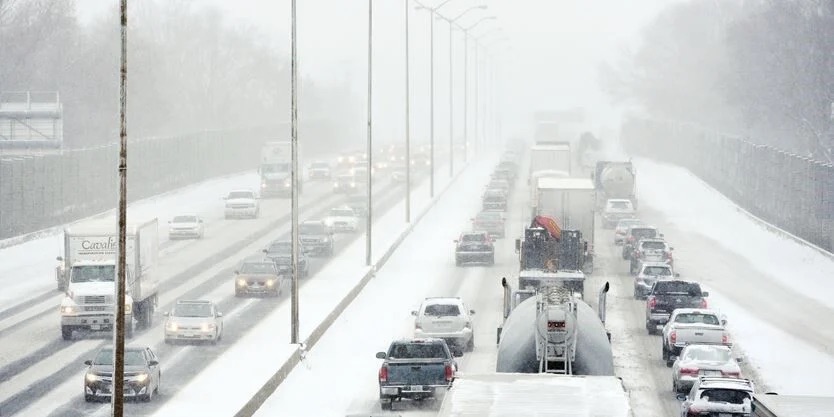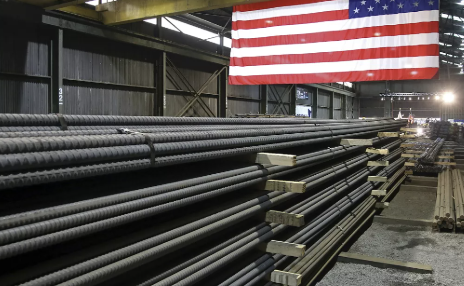On the first day of April 2025, as the sun rose over the prairies of Calgary, a quiet but powerful shift was underway. At gas stations across the city, numbers on digital signs flickered and fell. Drivers, some rubbing their eyes in disbelief, watched as prices dipped lower than they had in months. The reason? A major policy change that would ripple through homes, highways, and grocery aisles alike—the federal consumer carbon tax had come to an end.
For years, the carbon tax had been a fixture in Canadians' lives, subtly woven into every litre of fuel and every gigajoule of natural gas. But on this day, the government flipped the switch, and the effects were immediate.
Gasoline Prices Take a Welcome Dive
By the morning of April 1st, the average price of gasoline in Calgary had dropped from $1.57 per litre to $1.46. The change wasn’t just a fluke—it was the direct result of the 17.6-cent-per-litre carbon charge being lifted. As gas stations updated their systems, some drivers even speculated that prices might fall further in the coming days.
Diesel users, too, had reason to celebrate. With projections showing a potential drop of over 20 cents per litre, the savings promised to ease the burden on transportation companies and farmers alike, potentially lowering costs across the supply chain.
Natural Gas Bills Reflect the Shift
Inside Calgary homes, the change was just as noticeable. Residents in ATCO service areas saw their default natural gas rates fall to $2.210 per gigajoule, down from $2.446 in March. For a typical household using 9 GJ in April, that meant bills of around $113 in the north and $94 in the south.
More importantly, the $4.095 per GJ carbon tax on natural gas was gone. While some bills would still reflect March usage and its associated charges, April consumption would be free of the federal levy for the first time in years.
Ripple Effects Across the Economy
While the immediate impact was felt at the pump and on utility bills, the broader economic effects were more complex. Grocery prices, for instance, weren’t expected to drop right away. Supply chain pressures and existing contracts meant that any savings on fuel would take time to trickle down to store shelves.
And for low-income households, the picture was mixed. Although they would benefit from lower energy costs, the end of the carbon rebate program meant some families could actually see a net loss. The rebate, once a quarterly lifeline for many, vanished with the tax that had justified it.
Still, April 1st marked a turning point. For the first time since 2019, Canada had rolled back a nationwide carbon pricing policy. In Calgary, the change was more than a line item on a bill—it was a story unfolding in real time, one litre and one gigajoule at a time.









